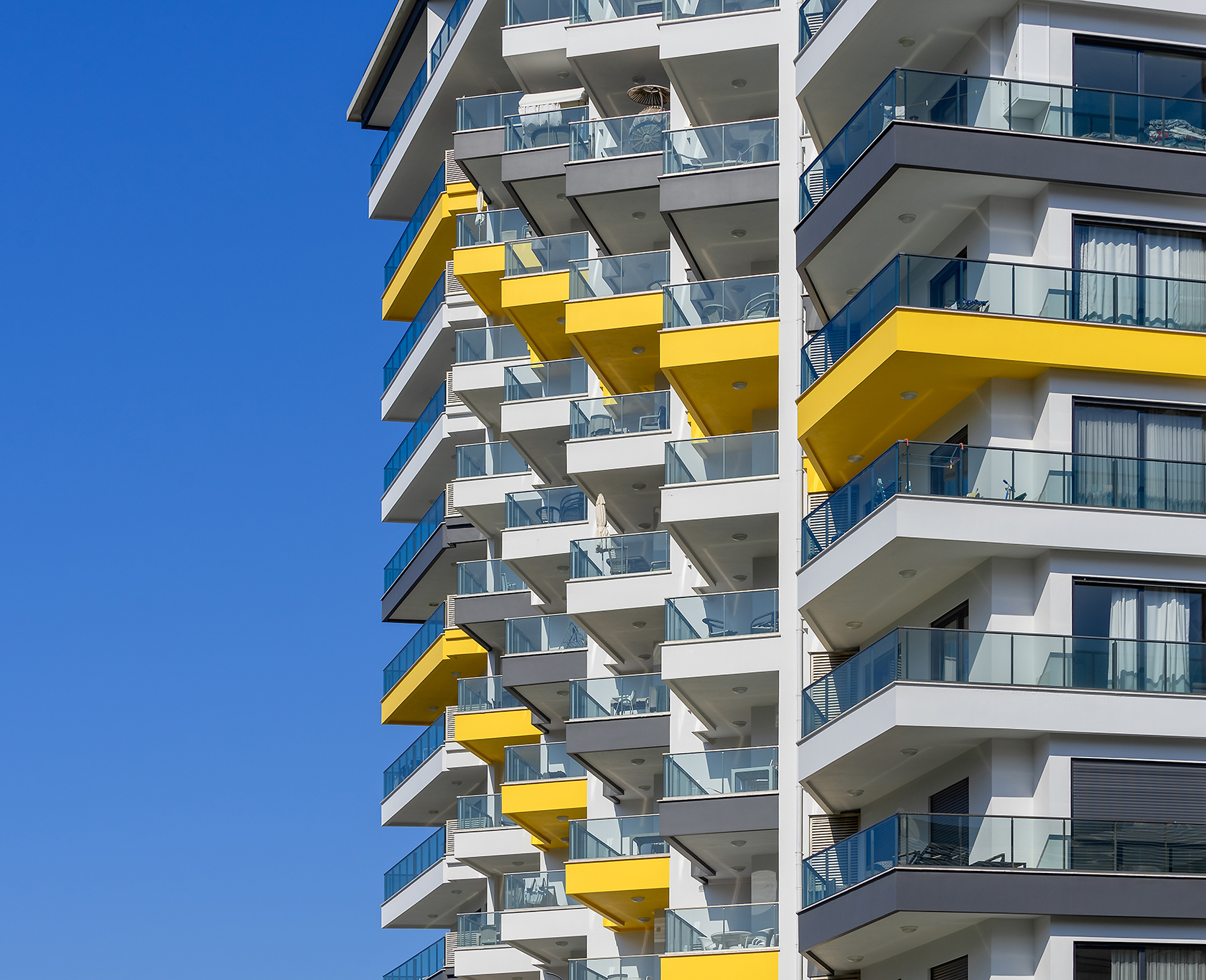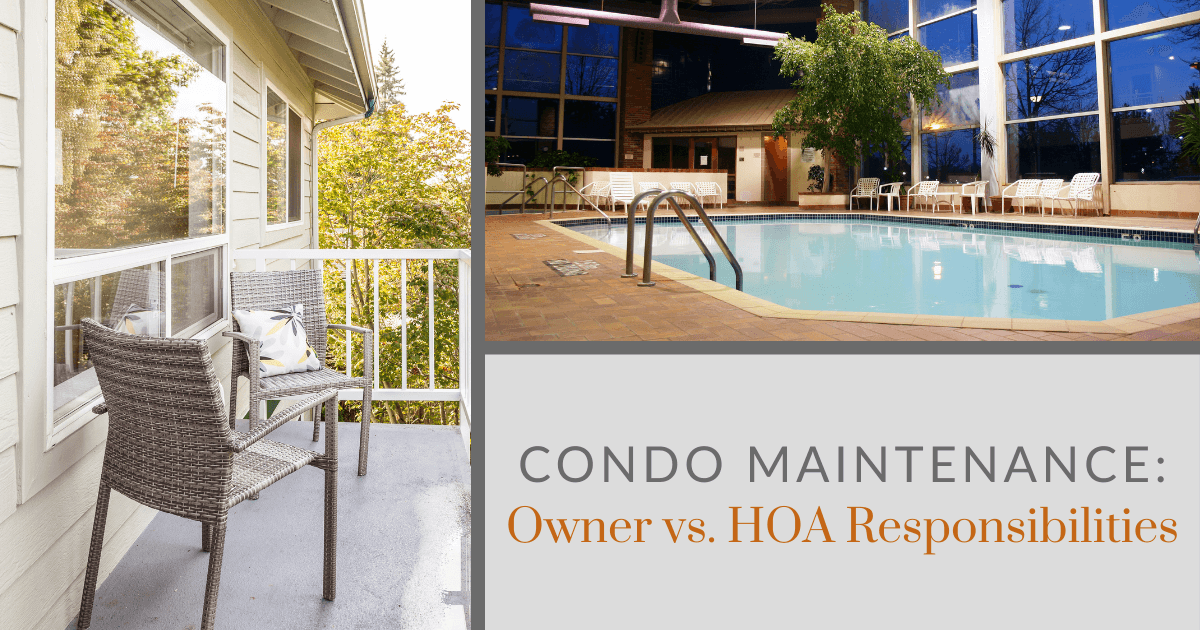The Ultimate Contrast: HOA Condo vs. Typical Home
The Ultimate Contrast: HOA Condo vs. Typical Home
Blog Article
The Duty of an HOA in Developing and Enforcing Community Guidelines for Residents
The role of a Homeowners Association (HOA) in establishing and enforcing area guidelines is basic to preserving a orderly and cohesive household setting - hoa condo. By formulating clear rules that control facets such as home maintenance and area conduct, the HOA not just sets standards for residents yet also fosters a feeling of belonging and responsibility. The application of these standards can offer different challenges, increasing inquiries about interaction, community, and justness involvement. As we discover these intricacies, it comes to be evident that the effect of an HOA extends much past plain rule enforcement.
Recognizing House Owners Associations
Homeowners associations (HOAs) act as governing bodies for residential areas, playing a critical function in maintaining building worths and cultivating a sense of neighborhood. Normally created by designers, HOAs are composed of home owners within an assigned area that choose a board to oversee the association's activities. The key features of an HOA consist of enforcing community guidelines, taking care of usual locations, and arranging community events.
HOAs run under a set of regulating records, including restrictions, covenants, and conditions (CC&R s), which lay out the rights and obligations of home owners. These guidelines intend to ensure that buildings are maintained to a specific requirement, consequently protecting the aesthetic charm and general worth of the area. Furthermore, HOAs frequently accumulate charges from home owners to money upkeep, landscaping, and other social work.
The presence of an HOA can dramatically affect the living experience within a community (hoa condo). While some citizens appreciate the structured environment and amenities offered, others might find particular regulations limiting. Stabilizing the passions of all property owners is crucial for an HOA to operate effectively, ensuring that it offers its designated objective of improving area living while valuing specific home owner civil liberties
Establishing Area Standards

To start, an HOA must conduct studies or hold meetings that enable homeowners to voice their ideas and worries. This participatory process promotes a sense of ownership and raises conformity. Next, the HOA board should assess the feedback to determine common themes and top priorities that require formal inclusion in the guidelines.
It is likewise vital to make sure that the guidelines are clear, succinct, and easily recognized. Obscurities can result in disputes and misconceptions, weakening the purpose of the guidelines. Moreover, the guidelines need to be extensive, covering numerous elements of community living, consisting of residential property maintenance, sound levels, and usage of usual locations.
Enforcement of Policies
Efficient enforcement of neighborhood policies is essential for preserving order and guaranteeing that all homeowners abide by the established standards. An HOA must apply an organized method to enforce these regulations, which usually includes a combination of monitoring, communication, and charges for non-compliance.
First, normal examinations and area patrols can aid determine offenses, guaranteeing that regulations are regularly used across the area. This positive tracking enables the HOA to address issues prior to they escalate, promoting resource a sense of liability amongst citizens.
2nd, clear interaction is necessary. Locals should be notified of the guidelines and the procedures for reporting offenses. An open line of communication motivates residents to voice issues and seek clarification on guidelines, which can enhance conformity.

Lastly, when violations occur, the HOA needs to apply repercussions as laid out in the regulating records. By successfully implementing policies, an HOA can cultivate an unified living atmosphere that shows the collective values of its homeowners.
Advantages of HOA Laws
Countless advantages develop from the application of HOA laws, which offer to improve the lifestyle within a community. One main benefit is the upkeep of home worths. By imposing criteria for appearances and upkeep, HOAs make certain that homes and common locations remain eye-catching, promoting a desirable living setting that can bring about increased building worths over time.
Furthermore, HOA policies promote uniformity and harmony within the community. This comprehensibility in style and upkeep assists to produce a sense of belonging amongst residents, contributing to neighborhood satisfaction and a positive ambience. In addition, established guidelines facilitate conflict resolution among neighbors by offering clear assumptions and procedures for habits, therefore reducing conflicts.
One more substantial benefit is the arrangement of shared facilities and solutions. Several HOAs manage community centers such as swimming pools, parks, and clubhouses, which enhance entertainment possibilities for locals. These services not only enhance the high quality of life yet likewise urge social interaction.
Inevitably, the guidelines stated by an HOA grow an efficient, unified area, making certain that citizens take pleasure in a high requirement of living while cultivating an encouraging atmosphere for all property owners.
Common Challenges Dealt With by HOAs
In the middle of the benefits that house owners organizations (HOAs) can offer, they likewise experience a selection of difficulties that can impede their effectiveness. One significant concern is the lack of resident involvement. Many property owners might not take part in conferences or community this content tasks, bring about a separate between the HOA board and locals. This disengagement can lead to misunderstandings concerning community guidelines and a lack of support for enforcement efforts.
Disputes can arise when locals feel that enforcement is irregular or biased, possibly leading to disputes within the community. In addition, HOAs frequently encounter economic constraints, which can restrict their capacity to preserve usual locations or fund area jobs.
Additionally, browsing legal complexities can be discouraging for HOAs. Altering read this article demographics and progressing area needs call for HOAs to adapt their guidelines, commonly meeting resistance from enduring residents who are accustomed to standard standards.
Final Thought

By developing clear rules that regulate facets such as residential property maintenance and community conduct, the HOA not only sets requirements for residents however also promotes a sense of belonging and liability.Homeowners associations (HOAs) serve as governing bodies for residential areas, playing a critical duty in maintaining residential or commercial property values and promoting a feeling of area. Numerous homeowners may not participate in conferences or area activities, leading to a separate between the HOA board and locals. Altering demographics and progressing neighborhood needs call for HOAs to adjust their standards, typically meeting resistance from long-lasting locals who are accustomed to standard norms. With the development of clear policies and consistent enforcement, HOAs advertise building upkeep, community pride, and depend on among residents.
Report this page